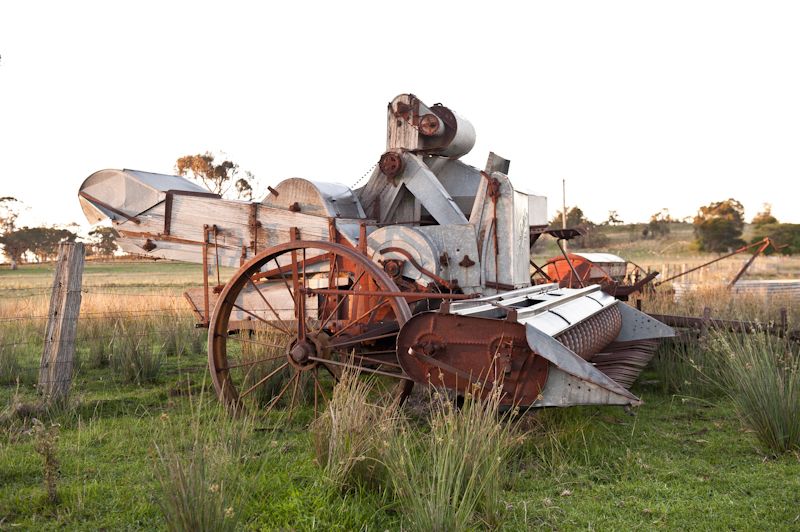
A Drive In The Country
I don’t mind a drive in the country. Seeing new country is the best, different soils and trees always tell a story and no description does the justice of being there.
Last month I drove out through the lower Hunter, left onto the Golden Highway and headed towards Dubbo. I camped the night at a small town and got a cheap room in the local pub. I tend to always stay at local pubs when out in the bush. You can always start a yarn with somebody and contacts aren’t hard to come by.
$45 got me the room, but it didn’t get me a blanket, and in the cold I woke early, well before butcher o’clock. I had purposely taken this route so I could look at the country, so I didn’t fancy missing 3 hrs of road before sunrise. $45 does get you a jug and a couple of tea bags so I spent the next few hrs counting the hay trucks heading north.
The previous afternoon had seen me move through the Lower Hunter and the cracking country of Jerrys Plains, and all about it was dry. Some patches were terrible and most of the farmers were feeding stock. The irrigated country was only relief in the big brown spaces. As the sky started to lighten I drove out of town heading west. I passed through Dunnedoo and Dubbo, turned south at Narromine where I worked some 20 years ago. I drove through Peak Hill and into Forbes, where I pulled up again. I finished that trip a few days later, coming back into Sydney from the south. I had gone as far south as Booroowa before the old Hilux headed back to the big smoke.
One of the reasons for my trip was to follow up some contacts in the south and to create some new supply lines to mitigate the lack of rain in the north of the state so we can continue to source Grass Fed Beef and Lamb. After my trip a purely Grass Fed product will be hard to find, if not impossible…..as there is no grass.
This winter is already a challenge for many farmers in the Central West and North of the State. In some areas they have been feeding stock for some months. This feeding isn’t for fattening for sale, it’s too keep the stock alive. Most of these farmers have sold any excess stock and are keeping their core herd of breeders for when the rain comes again. Feeding like this is an expensive business and you don’t want to be feeding any extras in this situation.
This is looking to be a wide spread drought. On our own farm at Barraba, we had some late Summer and Autumn rain which gave us our summer grasses which have now hayed off after the first frosts, at least we have some roughage for the stock, where other farmers have nothing. But we too have bought our first lot of feed for the winter. We have sold the majority of our younger stock into the store market and have pulled numbers right back to the core herd of cows and ewes.
Ground water is also a big issue in some areas, because of the lack of big rain events over the last few years dams everywhere are empty, and those, like us, who draw from underground water sources are finding the levels dropping or pump rates declining. With a budget, farmers can truck feed indefinitely, but water is impossible to keep up with.
Until next time, Ben


Rex Wright
Being in the city we don’t know how tough conditions are for a lot of farmers. Your travel notes were very helpful in providing some insight into the situation in parts of the bush.
Thanks